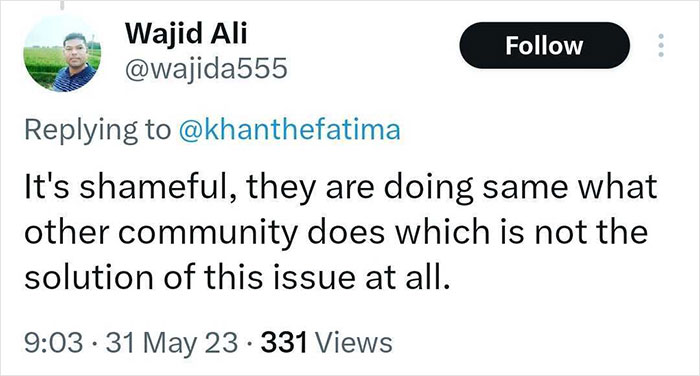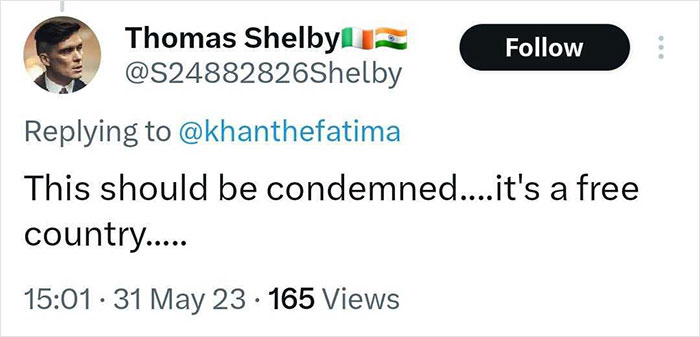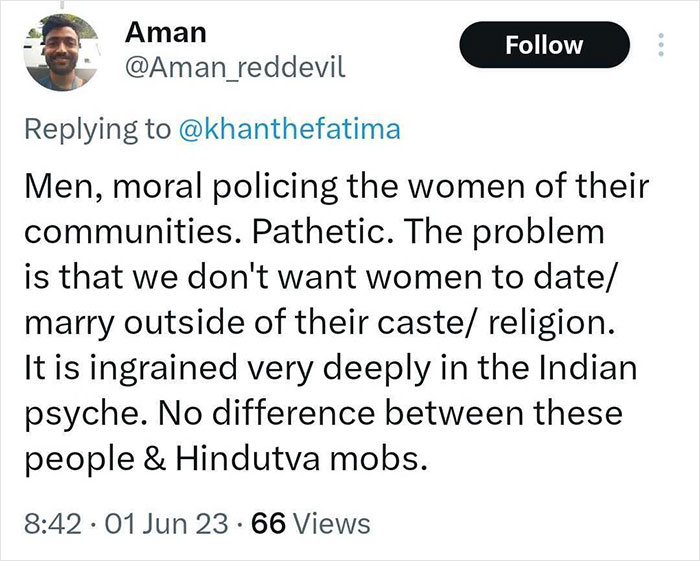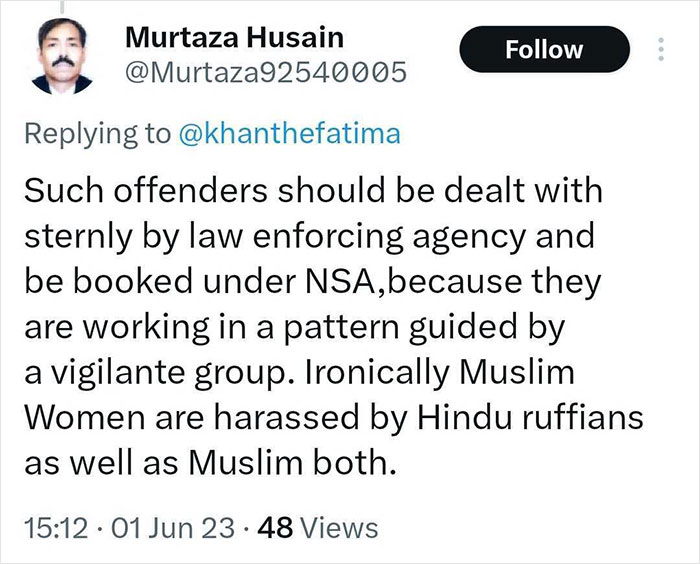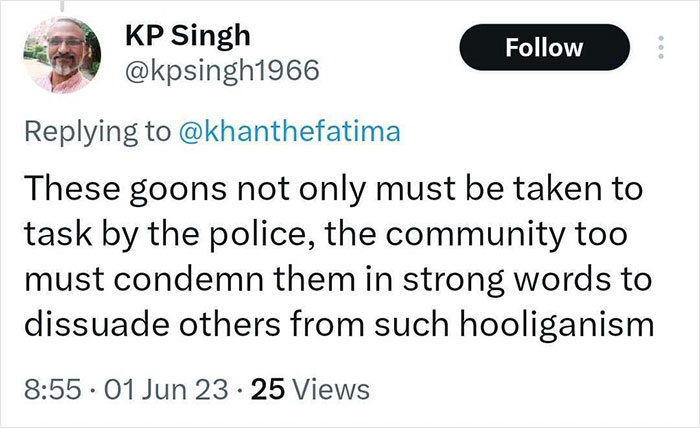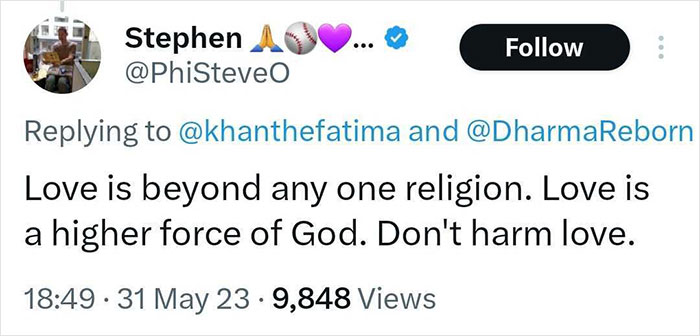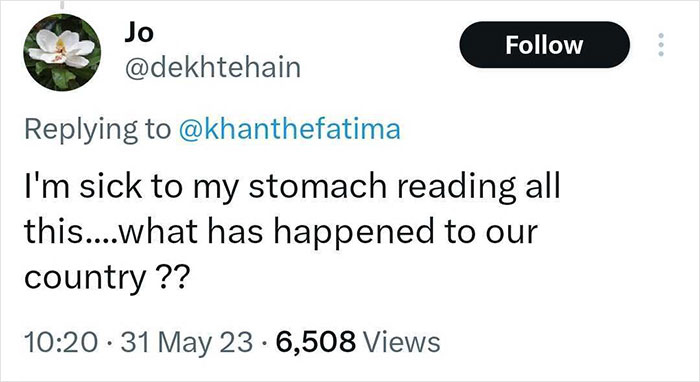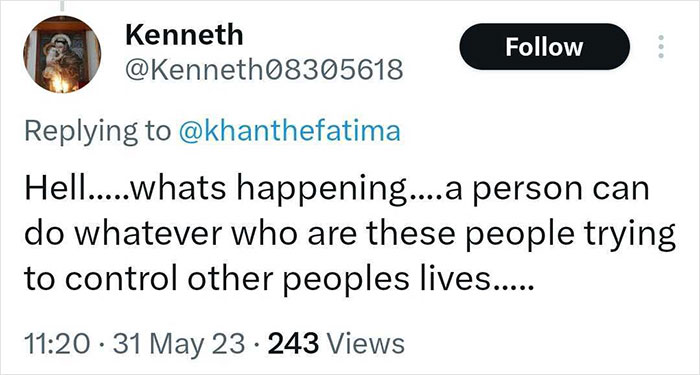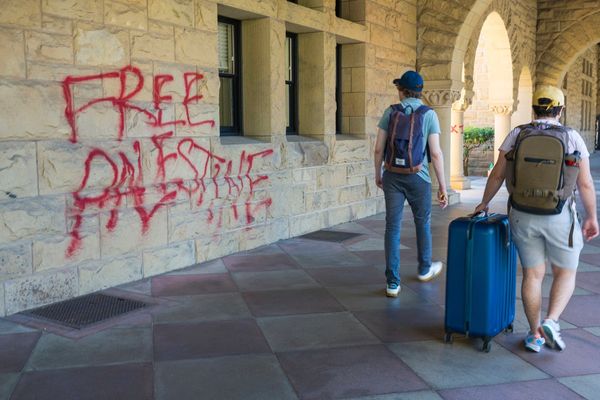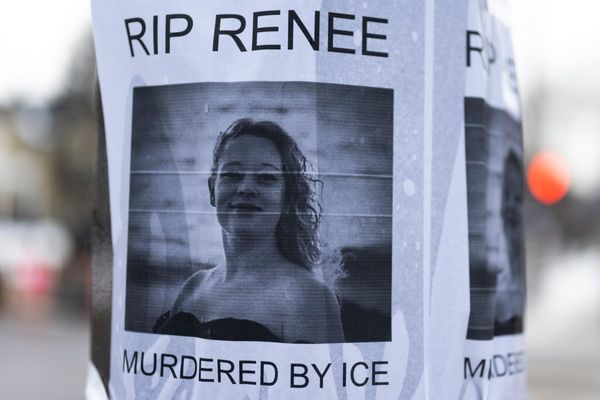Claims of a controversial theory seeing Muslim men forcibly seducing Hindu women in a bid to convert them, with an updated reverse situation seeing Hindu men attempting to seduce Muslim women, have recently been debunked.
A BBC exposé touches on a practice called the “Bhagwa Love Trap,” which is essentially based on cultures where interfaith relationships are taboo, oftentimes sparking violence.
Renamed “Maryam” to protect her identity, a Muslim woman from northern India recalled a string of abusive messages she had received online: “It was extremely vile.
“I couldn’t believe my eyes.”
Bhagwa Love Trap has been exposed as a controversial theory where Muslims forced Hindus to convert

Latest of a spate of cases of vigilantes harassing and assaulting Hindu men for as much as accompanying burqa-clad women has come from Bijnor, UP. You can see the women objecting to behaviour of vigilantes
Attackers, now arrested, told the @bijnorpolice they work as a team… pic.twitter.com/tk5pWuw69j
— Swati Goel Sharma (@swati_gs) May 25, 2023
Pictures of Maryam standing beside Hindu men had been copied from public social media accounts and used to accuse her of being in interfaith relationships.
As it turned out, the men in the photographs were, in reality, her friends.
She explained: “They said I sleep around with Hindu men.
“They were abusing my parents, and questioning my upbringing.”
Maryam theorized that she had been doxxed by Muslim men who had alleged she had fallen victim to the Bhagwa Love Trap.
The Bhagwa Love Trap conveys a theory where men who believe in Hindutva try to seduce Muslim women and lure them away from their communities
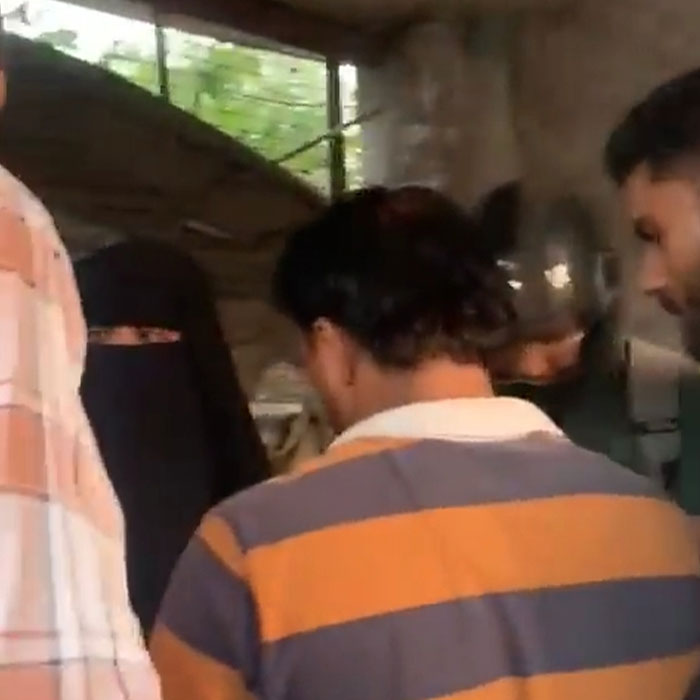
The Bhagwa Love Trap conveys a theory where men who believe in Hindutva – a political ideology encompassing the cultural justification of Hindu nationalism – are trying to seduce Muslim women and lure them away from their communities.
After speaking to owners of accounts advocating this theory and reviewing the examples provided by them, the BBC reported that they had found no evidence to suggest that the conspiracy is really being played out on the ground.
However, the theory has been spreading at an increasing rate on social media, stirring violent incidents.
In May, a video uploaded to the internet reportedly filmed in Madhya Pradesh showed two medical students, a Muslim woman and a Hindu man, returning to their university on a scooter.
As a result, a crowd of seemingly Muslim men encircled them, as the woman was being reprimanded for bringing shame to her religion.
One of the men was captured shouting: “No one will allow you to let down Islam,” as others assaulted the Hindu man.
Videos where a Muslim women and a Hindu men appear together have sparked outrage online
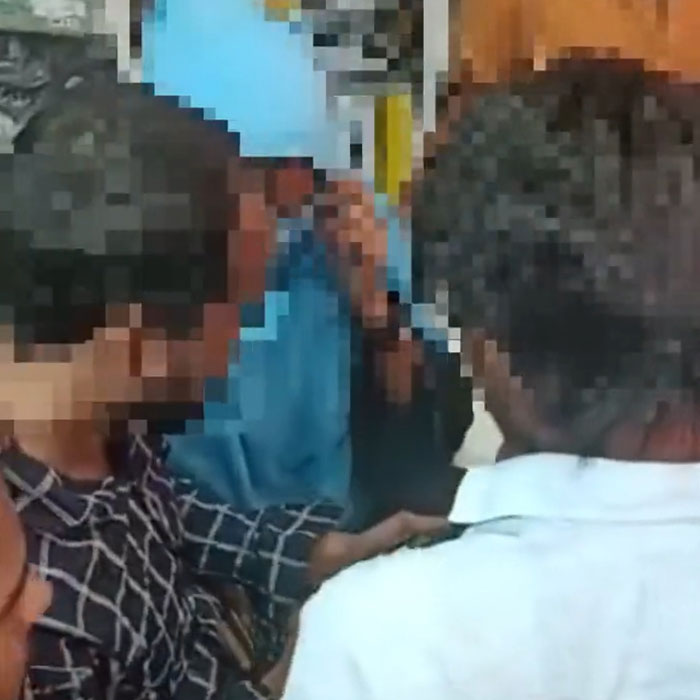
Karnataka: A group of Muslim men allegedly harass a woman for an outing with a male friend from the Hindu community in Chikkaballapur
“The woman confronted them & even approached the police but was later forced by her family to issue an apology,” @NehaHebbs reports. pic.twitter.com/kTlXZnssmZ
— TIMES NOW (@TimesNow) May 26, 2023
Dozens of similar videos spreading across India have emerged online, with many suggesting the Bhagwa Love Trap theory is a dangerous reality.
As of today (November 24), the “BhagwaLoveTrap” hashtag has 10.5 million videos pinned on TikTok and 24.7 thousand posts on Instagram.
Despite a majority of Muslim Indians circulating the controversial theory, the Bhagwa Love Trap also exists in reverse, better known as “love jihad.”
The “Love Jihad” theory sees claims that Muslim men are trying to seduce Hindu women, and has been pushed online by Hindu nationalists for many years, the British broadcaster reported.
Nevertheless, independent investigations led by two Indian news organizations have been unable to find evidence to support the theories, whether they be “love jihads” or Bhagwa Love Traps.
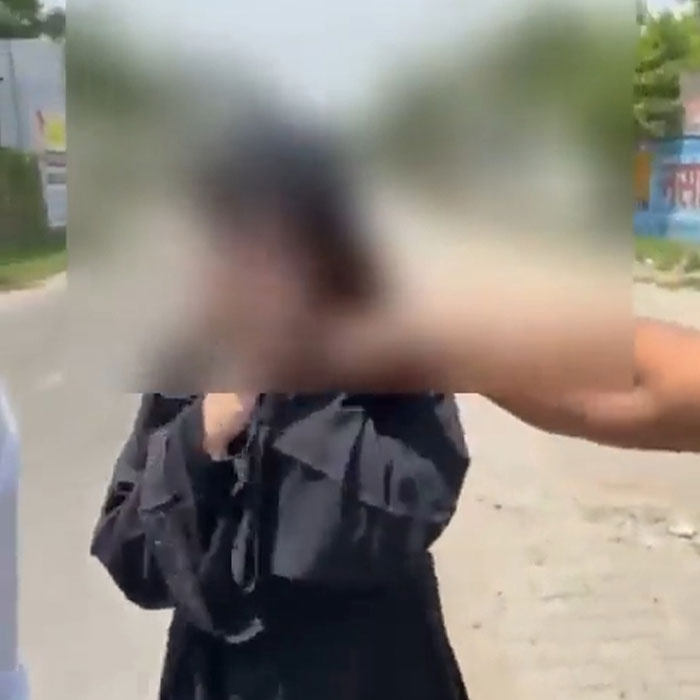
The lack of evidence hasn’t stopped the questionable theories from being integrated into India’s political discourse.
“Love jihads” have reportedly been mentioned publicly by various politicians; from Prime Minister Narendra Modi’s party, the BJP, to some of its members who subscribe to the Hindutva ideology.
Additionally, a number of high-profile Muslim leaders have amplified the Bhagwa Love Trap theory.
For example, Shoaib Jamai, an Islamic scholar and regular commentator on Indian news channels, has credited himself with popularizing the idea in national media.
However, he has spoken against violence emerging from the theory as he said: “I don’t support the people from Muslim society who’re trying to take the law into their hands.
“This country runs by law.”
Nonetheless, Shoaib has suggested that Hindu youths are being “brainwashed” by the “Hindutva brigade to lure Muslim women into traps.”
As of today (November 24), the “BhagwaLoveTrap” hashtag has 10.5 million videos pinned on TikTok and 24.7 thousand posts on Instagram
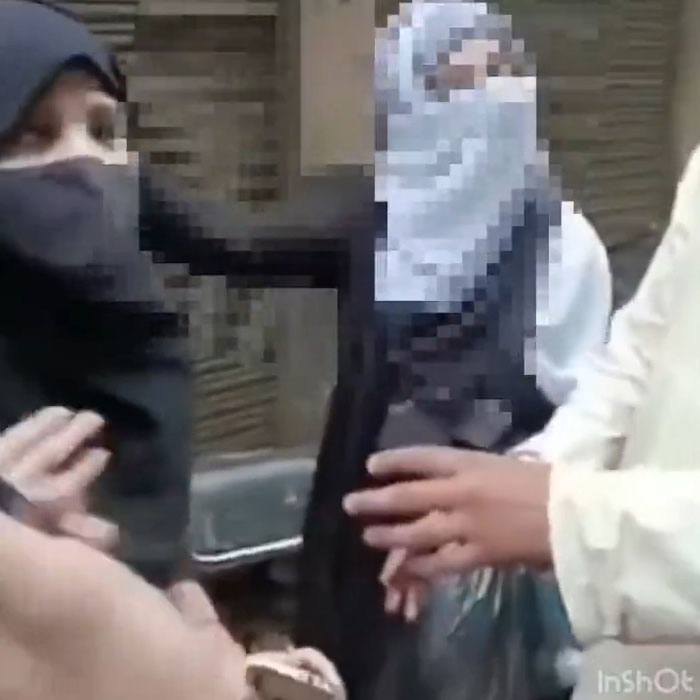
In Meerut, two Muslim women were cornered in a busy market by a mob, the women insisted the man is their friend and colleague, but to no avail. The mob kept pulling down their niqabs and making their videos. 2/n pic.twitter.com/surstgm7k1
— Fatima Khan (@khanthefatima) May 31, 2023
Many videos featuring claims about the Bhagwa Love Trap were debunked by the Indian fact-checking website Boom Live, while Hindutva groups have denied the existence of the love trap.
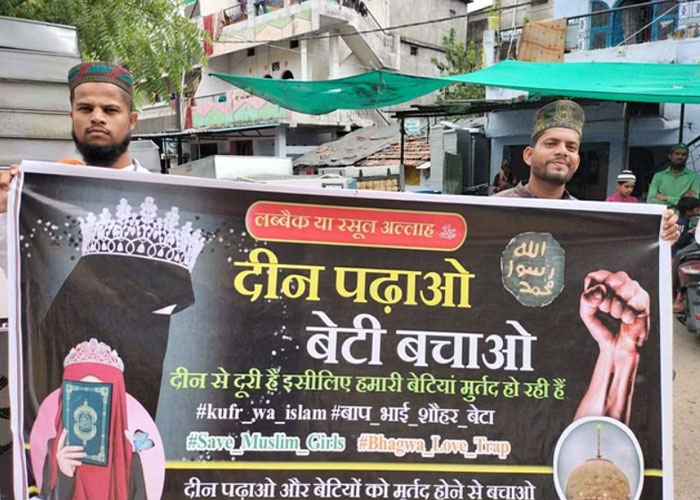
Alok Kumar, head of Vishwa Hindu Parishad, a Hindutva organization, said: “There is absolutely no evidence of such a trap being run by Hindus.”
However, Alok has alluded to the fact that “love jihads” are real, as he said: “There is a large section of Muslim men… who lure Hindu women into their trap.”
Fatima Khan, one of the first journalists to write about the Bhagwa Love Trap explained: “On the other hand, the Bhagwa Love Trap is a fairly nascent conspiracy theory.
“It’s something that doesn’t have political backing at all.”
An unverified Instagram post suggests that thousands of Muslim girls have been converted and married to Hindus in temples since 2017
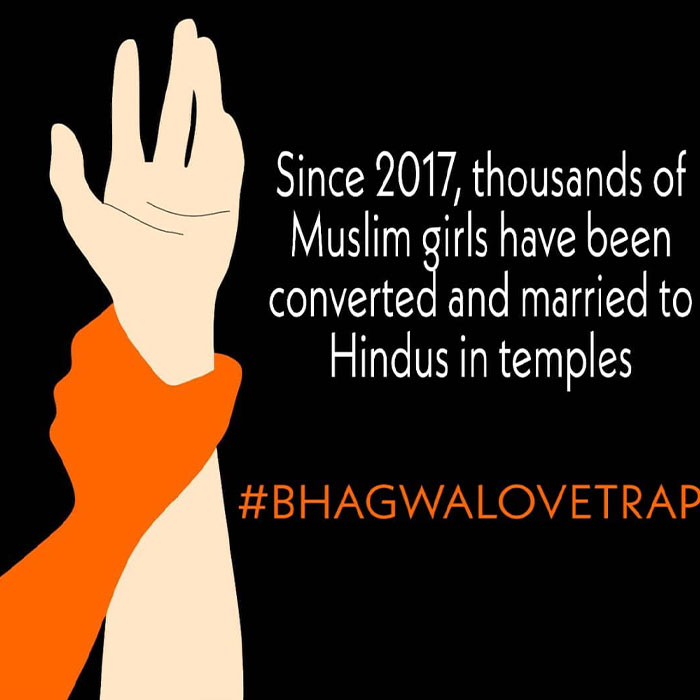
An Instagram page under the handle “bhagwalovetrap”, which is followed by 1,697 people, has consistently put out content to back the theories.
Many of its publications feature unbacked claims, such as one suggesting that thousands of Muslim girls had been converted and married to Hindus in temples since 2017.
The person running the Instagram account has since moved to X (formerly known as Twitter), where, under the handle “BhagwaLoveTrapp”, they have posted videos of couples seemingly engaged in interfaith relationships.
One of its latest videos was captioned: “Wearing Hijab and doing these activities with a Hindu boy in Hyderabad. Who is responsible for this?”
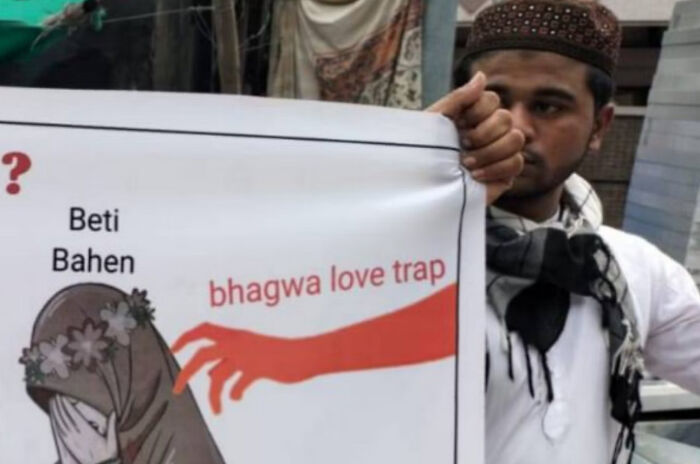
According to Lexpeeps, inter-religious marriage is often met with resistance from society and families in India, which can lead to social ostracism and even violence.
Families may object to inter-religious marriages on the grounds of cultural and religious differences.
The couple may also face legal challenges, such as cases of abduction, forced conversion, and even honor killing.
Inter-religious marriage continues to be a contentious issue in India, with social and political factors influencing public perception, the website states.
People thought the practice should be “condemned”
